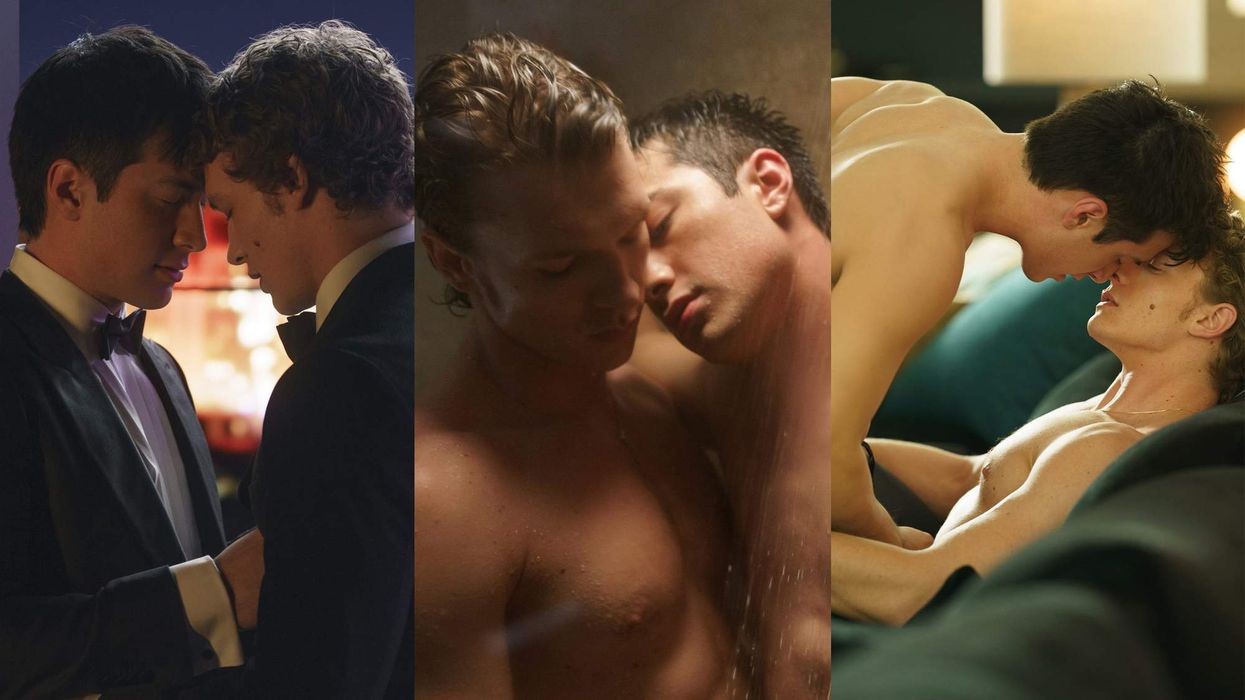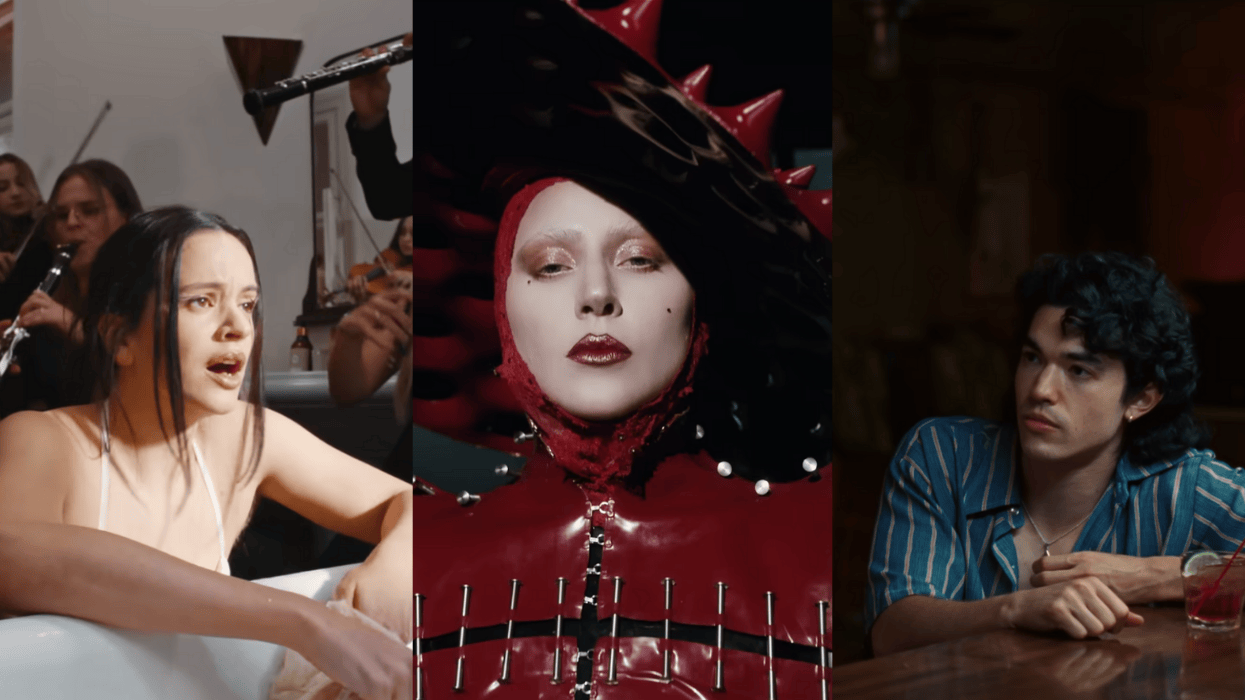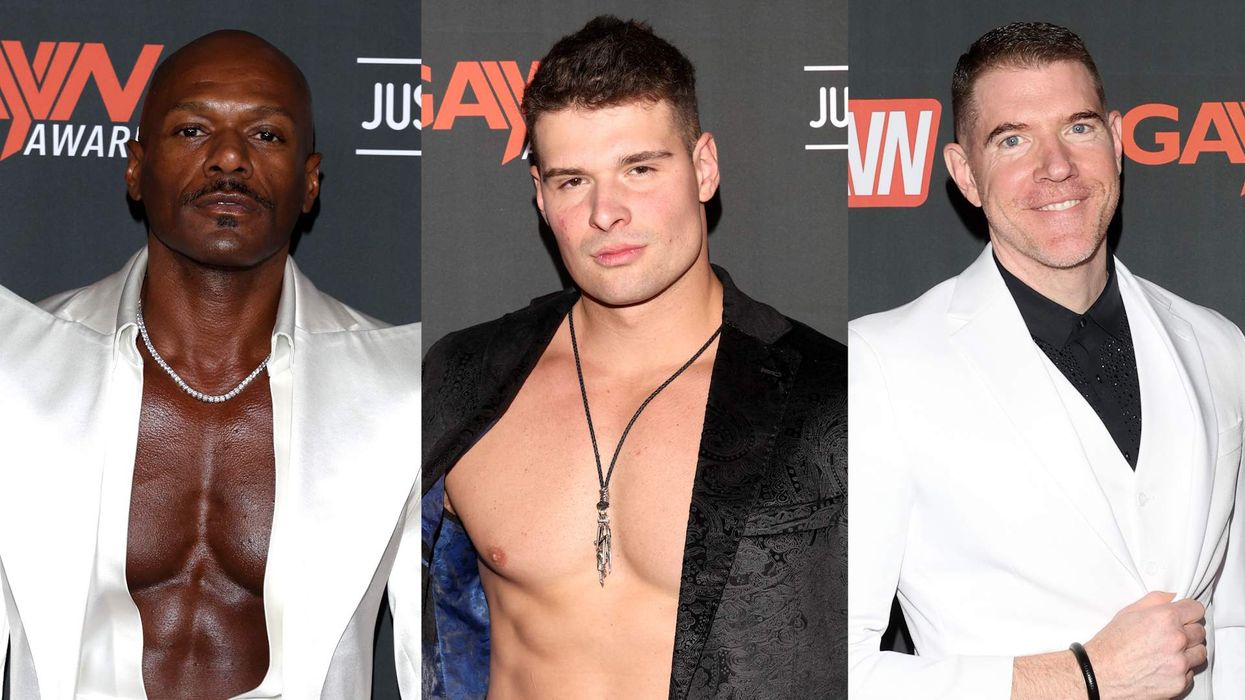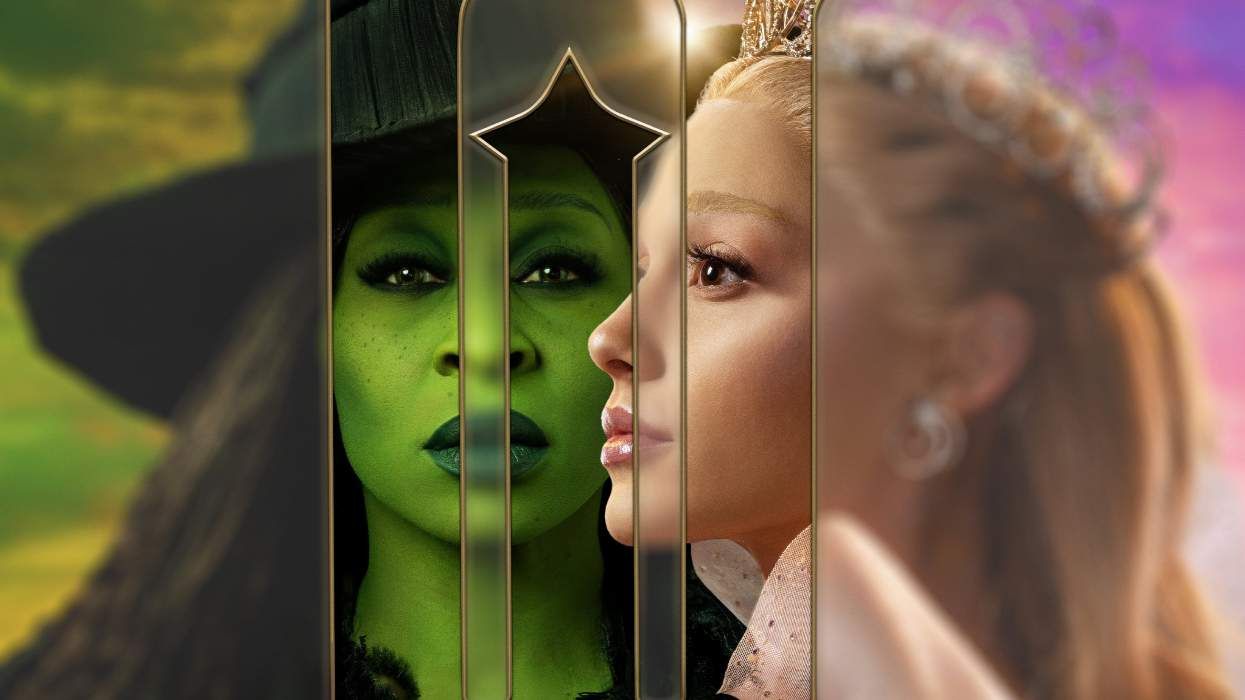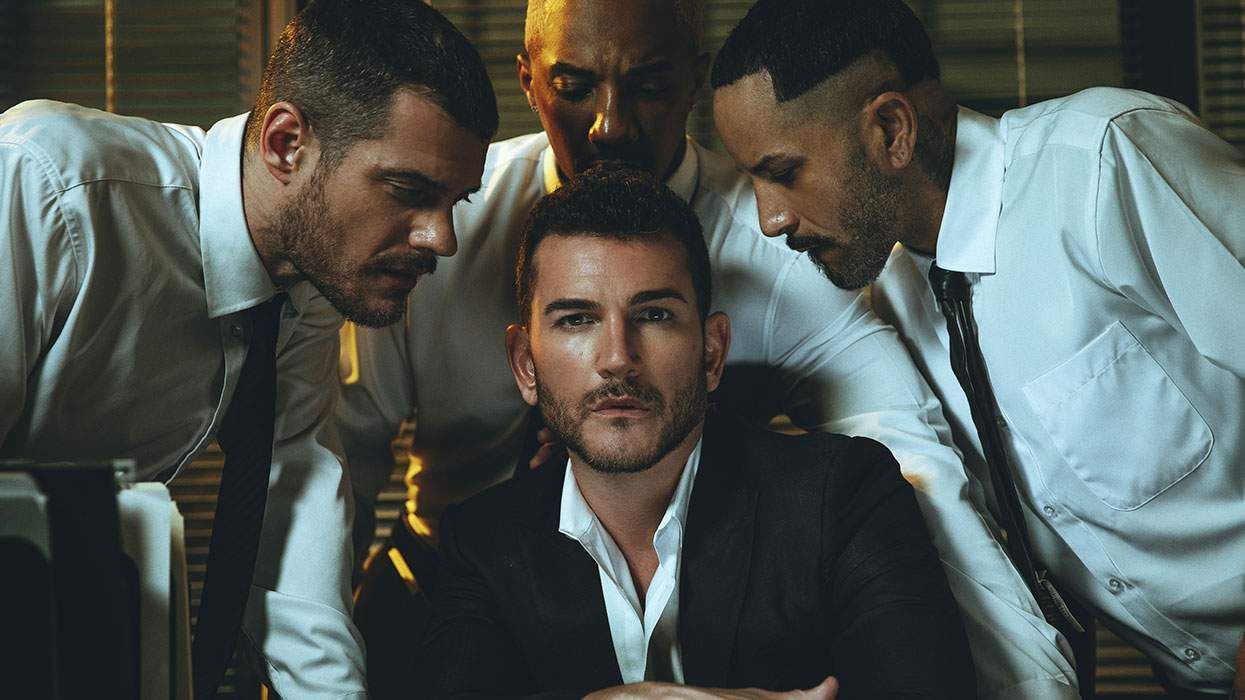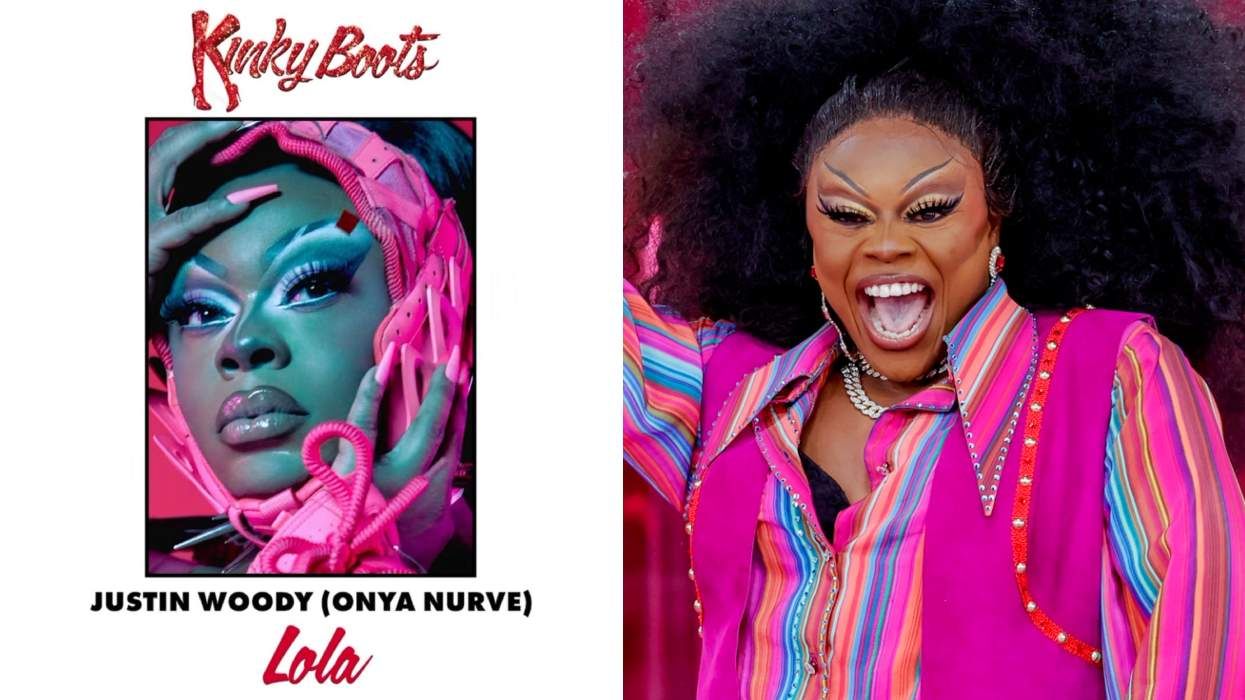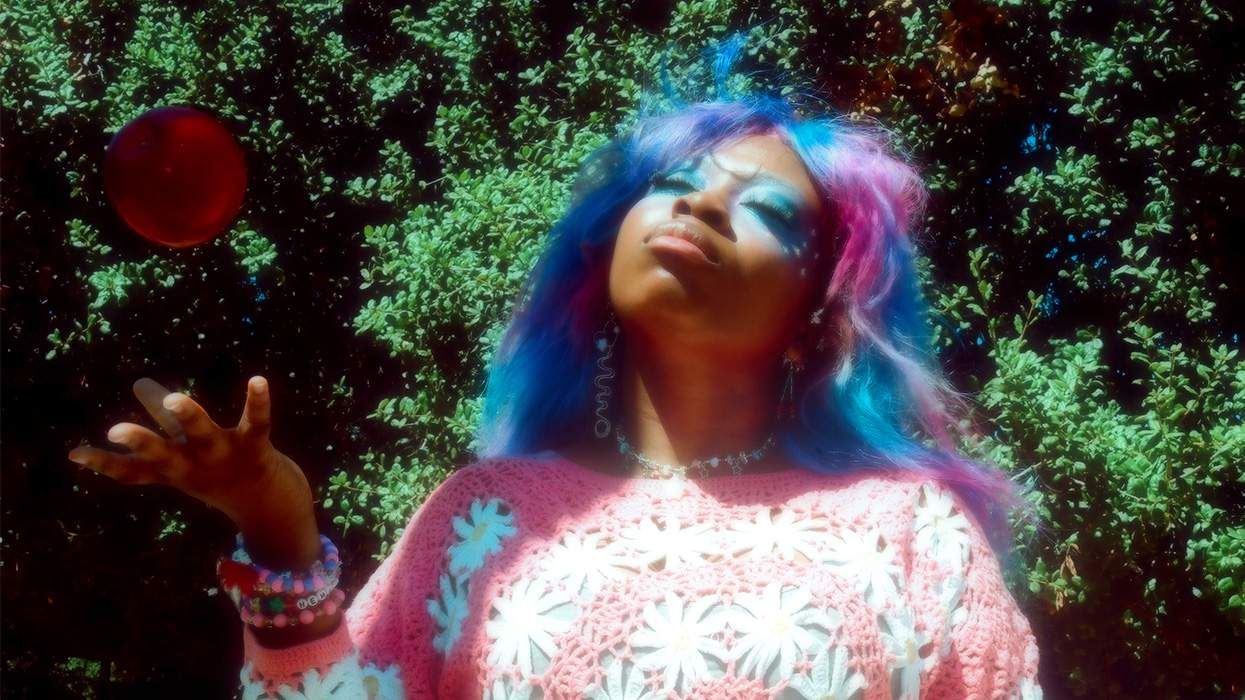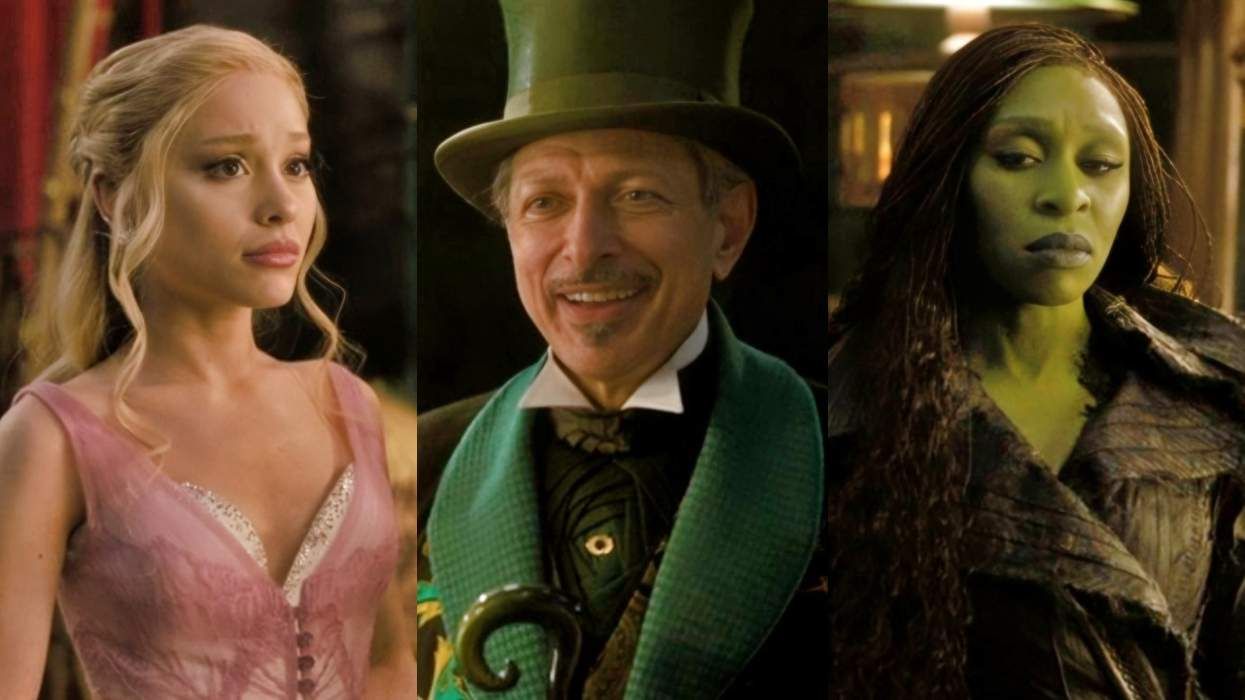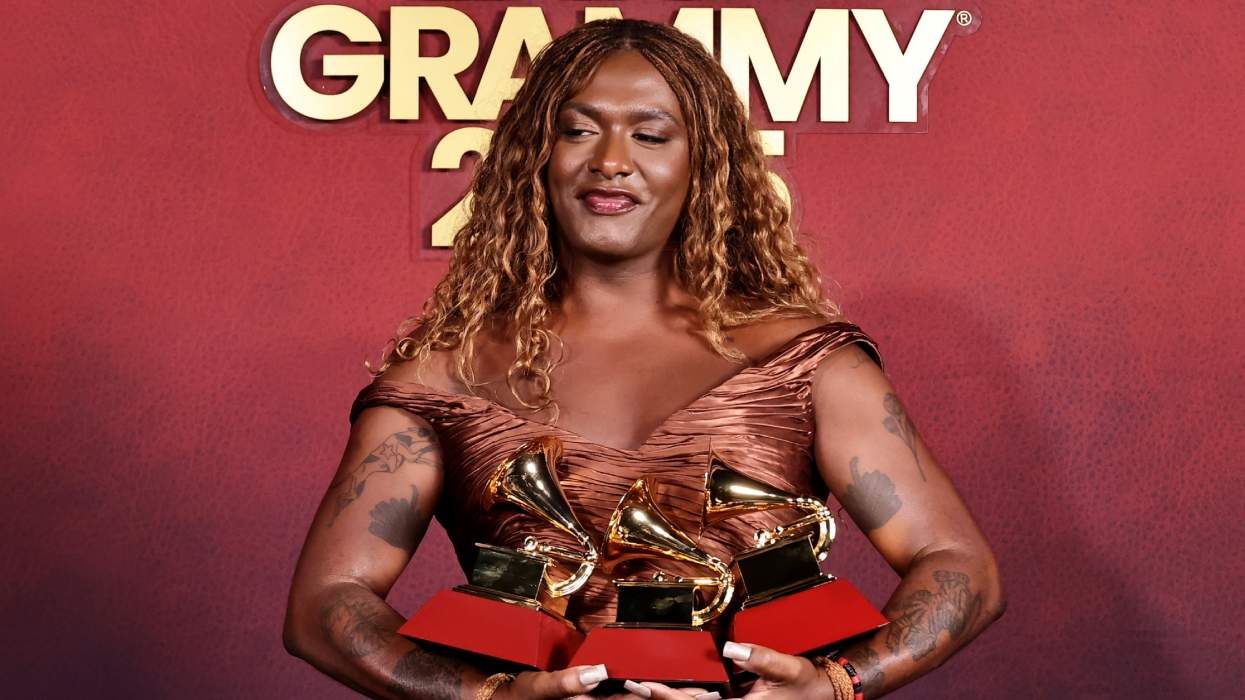David Bowie, who has died of cancer aged 69, has often been called rock's greatest chameleon, and for good reason. His career helped shape successive decades of music, from his role as glam rock pioneer in the 1970s, to the brittle, electronic music of his Berlin years, to his extraordinary 1983 sequence of hits including "Let's Dance," "China Girl," and "Modern Love" which brought him to mainstream attention.
Three years ago he took the world by surprise when he dropped, seemingly out of nowhere, his 24th album, lead by the elegiac single, "Where Are We Now?" produced by his longtime collaborator, Tony Visconti. A massive exhibition, "David Bowie Is," at London's Victoria & Albert museum, followed later that year. Last Friday, his 69th birthday, saw the release of Bowie's last album, Blackstar, an album that was apparently planned and recorded with his death in mind.
In 1999, when he was 52, and I was just starting my career in the U.S., I got to interview Bowie for Gear magazine, and remember his thoughtful, polite dismissal of my suggestion that he represented a kind of androgyny. "Androgyny was almost like a neutered state to me, the word felt wrong, like something out of the sunken court of one of the Louis," he told me. The word he preferred to use was otherness. "It was my key word all the time, and otherness is maybe more of a continuity through much of my music."
Otherness was also how Bowie was able to connect with the LGBT community over the years. Whether he was attracted to men or not (at times he called himself both gay and bisexual, though was married to the model Iman) is hardly the point: he projected an otherness that thousands of LGBT people could relate to. As John Cameron Mitchell, writing for Out in 2013, said, "You can tell that he just loves to freak people out, which I can relate to--there's a protective thing about looking freaky." For the musician Stephen Merritt, Bowie's importance in his life was "more important than the entire gay rights movement." Merritt, founder of The Magnetic Fields, wrote in Out that "Bowie is about the freedom to have any identity you want, not just gendered. Space alien, crazy person--it's all tied together, and it's all sorts of fun." For fashion designer Jean Paul Gaultier, as a young man in a repressed culture, Bowie was about "demonstrating that a man could be powerfully feminine; he didn't have to aspire to be John Wayne. Even the fact that he was married to a woman [Angie Bowie] who was also a lesbian gave all of us permission to love who we wanted to love. I remember going to gay bars in London that Bowie was known to frequent and it gave many of us courage not to hide, to have confidence in ourselves."
As for Bowie himself, he would tell me that much of his career was an attempt to reinvent himself within his own terms. "I was so crazed to be somebody else, to be something else, to be other than what I was," he said. "My expectations and ambitions when I was a youth were terribly adventurous to say the least, probably immodest and arrogant, but I didn't want to be a rock star, I wanted to actually change the way that music was. I wanted it to be different, and I thought I was capable of creating a change, only because I found it so exciting. I saw that you could draw on other art forms and use those visual signals to develop a new kind of music that I wasn't hearing."
Born David Jones in Brixton in London, Bowie was introduced to jazz by his older brother, and formed his first band by the age of 15, the Kon-Rads. By that point he'd already scored one key aspect of his ethereal appearance after a schoolyard fight left him with a permanently dilated pupil in his left eye. Next came a band called The Manish Boys, named for a Muddy Waters track, and then the Lower Third, and R'n'B band from the seaside resort of Margate in Kent. Finally, and inevitably, he went solo. An unfortunate novelty single, "The Laughing Gnome," looked like it might set him back permanently, but the release of his magnificent 1969 single, "Space Oddity," a hit in the U.K., changed everything.
By 1970 he was on a roll, releasing in succession The Man Who Sold the World, and Hunky Dory, culminating in his greatest creation: Ziggy Stardust. There are few records as thrilling, as utterly insistent, as "The Jean Genie," the epitome of music as sex and as potent, as primal, as anything ever recorded. The fact that it appeared in 1973, the same year in which he produced Lou Reed's Transformer, The Stooges' Raw Power and Mott the Hoople's comeback album makes his achievement all the more impressive. "I probably work harder than anyone else I know," Bowie told me in 1999. "I also sleep less than anybody else I know." How many hours a night? "Probably four, five, max, which freaks everybody out." By the mid-80s he was focusing as much on film as music, incuding a visceral performance in Tony Scott's vampire movie, The Hunger, opposite Catherine Deneuve, a turn as Pontius Pilate in Martin Scorsese's The Last Temptation of Christ, and a starring role in Jim Henson's now legendary Labyrinth.
As his last album, and swansong, demonstrated, Bowie never did stop working. Right to the end, he continued to evolve. The constants in his life were art, personal truth, creativity, and music. He held to them throughout his long career, a restless shapeshifter interested always in ideas. Talking to him, he was at his most passionate on the subject of art. "It's out of step to say that the visual arts nurture one's life, but I do in all sincerity feel that," he told me in 1999. "Im not part of the dumb generation. I'm not part of the idea of the blanket dumbing down. I think thats exploitative and cheap. It's not the kind of company I would keep and I don't wish to frankly."
He was completely unsentimental and had no time for nostalgia. "If you are pining for youth I think it produces a stereotypical old man because you only live in memory, you live in a place that doesn't exist,'" he told me. "I think ageing is an extraordinary process whereby you become the person that you always should have been."



